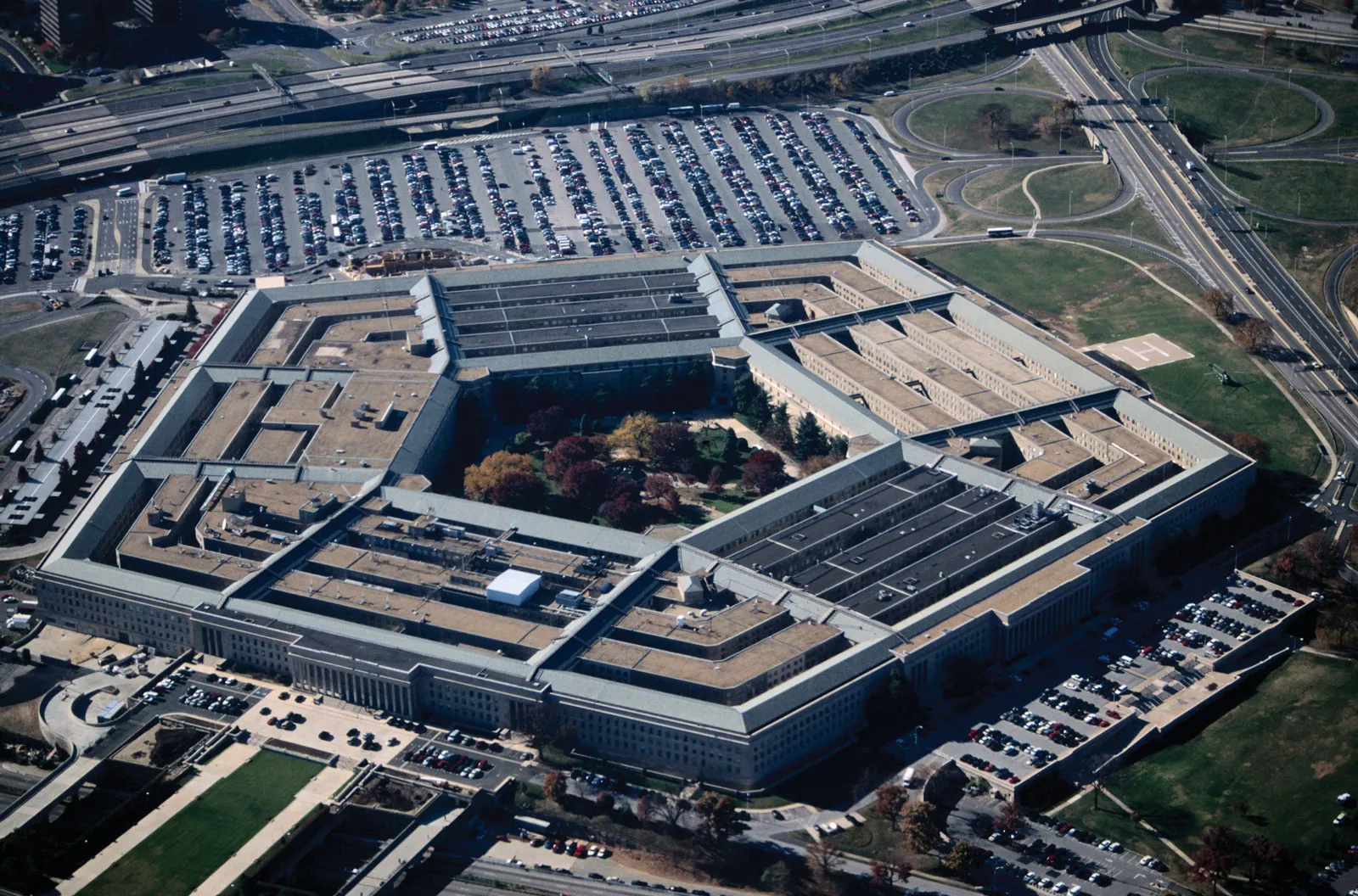Already a subscriber? Make sure to log into your account before viewing this content. You can access your account by hitting the “login” button on the top right corner. Still unable to see the content after signing in? Make sure your card on file is up-to-date.
A top US military official has announced his early resignation from his post.
Getting into it: In an announcement, Secretary of Defense Pete Hegseth confirmed that Admiral Alvin Holsey, commander of the US Southern Command, will be retiring at the end of this year. Hegseth praised Holsey in a statement posted on social media, writing, “We extend our deepest gratitude to Admiral Alvin Holsey for his more than 37 years of distinguished service to our nation.” He went on to say that Holsey “exemplified the highest standards of naval leadership” and “demonstrated unwavering commitment to mission, people, and nation.” Despite the accolades, Hegseth did not provide a reason for Holsey’s sudden exit nor name a successor.

Admiral Holsey took command of the US Southern Command in November 2024, a position typically held for three years. His early resignation, set for December 12, 2025, cuts that tenure short by more than two years. Holsey did not publicly explain his decision. Behind the scenes, reports suggest that Holsey had expressed concerns over the nature of recent US military operations in the region, particularly the legality of using lethal force in counter-drug missions.
As head of Southern Command, Holsey has overseen a significant buildup of US military assets in the Caribbean and Latin America. Under his command, approximately 10,000 US troops have been deployed to the region, and operations have intensified. Since early September, US Special Operations forces have carried out at least five deadly strikes against boats suspected of smuggling drugs off the Venezuelan coast, resulting in 27 deaths.
The White House has defended the strikes as necessary national security measures. However, the legality and oversight of these operations have been sharply criticized by some who argue that those accused of moving drugs are not being allowed due process. Countries like Colombia claim that the US strikes amount to war crimes, with the President of Colombia publicly calling for Trump to be prosecuted.







